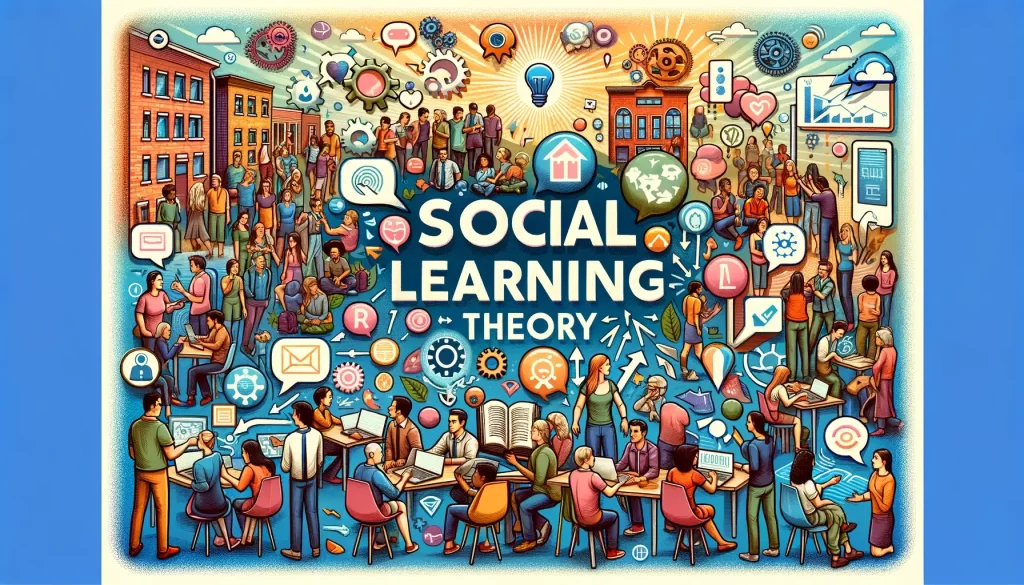National Association of Christian Ministers Leadership Series
By Michael Mooney, NACM Exec. Elder
There is an old quotes that says, “the behavior that is rewarded gets repeated”.
Proposed by C. Montgomery, the Social Learning Theory is the concept that people learn their behaviors through the influences of rewards and or punishments.
In other words, through positive feedback, praise, or monetary rewards, people are almost compulsively inclined to repeat the rewarded behaviors. In contrast, negative responses to behaviors such as punishments, pains, penalization, etc. encourage non-repeated actions.
On the surface this sounds like a an almost childlike concept. However, there is a fundamental point to be made here about leadership. The social learning theory links behavior to social environments. Therefore, it is fitting of every leader to consider the environment that they set for those around them. Questions to be considered might include:
* What type of leadership is being used (dictator vs. servant)?
* Is leadership approachable?
* How does leadership respond to negative feedback from those under their care?
* How does leadership respond to followers need of assistance, help, training, etc.?
The power of social learning theory is in the ability to shape behaviors by the exposure to people, circumstances, responses, policies, organizational cultures, etc. Therefore, it is imperative that leadership is regularly considerate of what messages are being sent to people within their influence. Here are a few example scenarios:
Negative example 1: A pastor uses an authoritarian leadership style. A parishioner approaches him one day after church and offers to clean up the church grounds next weekend. He replies saying that they must get that approved by the maintenance department. The parishioner walks away believing that their help was unwanted. The parishioner has “socially learned” not to ever offer to help the church again.
Positive response: How could the pastor handled the situation differently? He could have considered beforehand how his response may be received. Then he could have considered what about the conversation he wanted to “punish” or “praise”. In this case there is noting to punish; however, he could praise the parishioner’s desire to help the church. Instead of telling them that they must get approval from maintenance, he might have said: “Thank you so much for your desire to help, we really need people with a willing attitude like you have. I will let the maintenance department know that you will be out here cleaning up next weekend. I am sure they will enjoy the help”.
Negative example 2: An employee contacts her manager and requests help because it seems like all that the company is expecting of her is impossible without more employees to help her. Her reasoning is that she is only one person and one person cannot answer phones, help customers, stock inventory, and handle the books. Management responds by calling a meeting with her and several other managers. The employee only asked for advice/help and now has to attend this meeting that she perceives is an intimidation session. At the meeting she is told that she needs to become more organized and a better handler of resources, and asked if she is interested in her job. yet none of the manager offer to help her understand how to improve on any of these things. The employee walks away having “socially learned” to never ask management for help because they will force her to attend intimation sessions and question her competence.
Note: the above two examples are true scenarios.
As has been demonstrated, leadership sets the stage for social learning. This concept is indirectly seen in scripture time and again. God has chose to punish or reward us for our actions.
Gal 6:7 MKJV
(7) Do not be deceived, God is not mocked. For whatever a man sows, that he also will reap.
If we sow actions to our flesh, we will also reap the punishments that accompany such actions. Contrarily, if we sow actions that are favorable to God, those will also be rewarded.
Luk 6:38 MKJV
(38) Give, and it shall be given to you, good measure pressed down and shaken together and running over, they shall give into your bosom. For with the same measure that you measure, it shall be measured to you again.
The difference between God and social learning theory is that He has already given us feedback from His interactions with other people recorded in scripture. From these examples we can align our lives and make judgments about whether to expect rewards or punishments.
What can leaders learn from all of this? We can learn that others who are influenced by us are observing us. We must be careful to consider what “social lessons” we are teaching them by our punishments and rewards. When possible, we should also consider and declare those punishments/rewards ahead of time so that others may know them and respond.
Reflective Questions:
1) How can social situations create negative learned behaviors?
2) How can a leader implement Social Learning Theory to direct others to a goal?
3) Offer a solution to how this problem could have been handled better in the above “negative example 2”.





